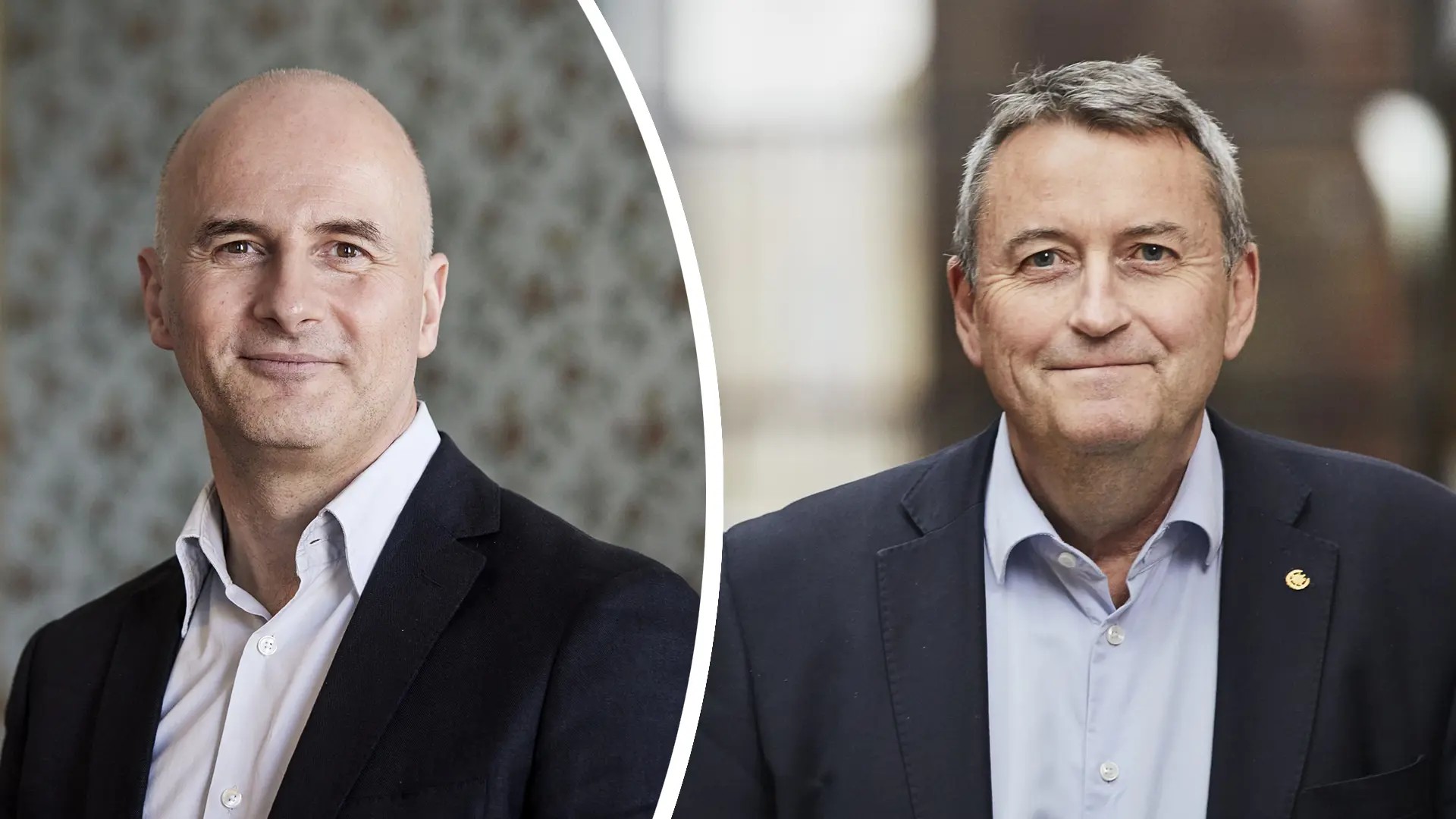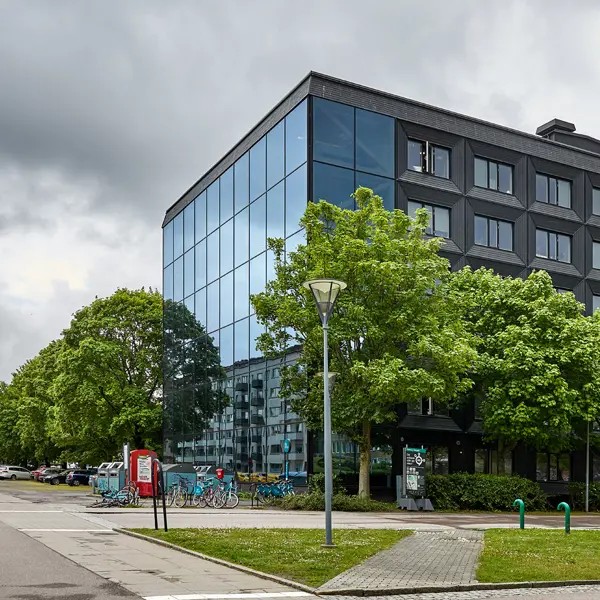
2023-08-25: The Swedish system for research funding needs to be reformed and political management in detail needs to be reduced. This is a crucial issue for the quality of research and Sweden’s position as a knowledge nation. Unfortunately, we have seen and are seeing worrying signs of increased political governance and short-termism.
Sweden as a knowledge nation, with competitive industry and world-leading education, is dependent on research at the highest international level – a long-term process that must be based on the researcher’s own ideas if groundbreaking breakthroughs are to take place. Unfortunately, the current funding system works in the opposite direction, with increased short-termism and increased governance in detail. The current government’s recent intervention against development research in the Global South is an extreme example of short-sightedness as the decision came very late in the process.
Research is a long-term process that involves significant risk-taking if the research is to be at the absolute forefront. This applies both to what is sometimes called basic research and to what is called applied research. The direction must largely be based on the researcher’s ideas and willingness to solve problems; This approach will by no means always be successful, but sometimes it will – then world-leading breakthroughs can be made.
Therefore, national research funding should largely be long-term and not directed towards a designated narrow subject area. It is, of course, legitimate for the government to point out certain areas where it sees a special need for knowledge and where it wants to direct certain initiatives; what is important is the balance between long- and short-term funding and the balance between guided and free research.
Sweden’s research funding system is unfortunately seriously out of balance in both these respects. The situation is further aggravated by the fact that competitive funding often requires various forms of co-funding, which then erodes the so-called base funding – i.e. funding intended for free research.
The proportion of projects that are granted competitive funding is often low or very low, which means that many excellent applications cannot be approved anyway. Competition – basically good for sharpening the idea – has then ceased to serve its purpose. Instead, we have a financing system where transaction costs in time and money have become enormous. The system also discourages scientific risk-taking.
The result is the curse of ill-conceived incentives: the more successful a university’s researchers are in competing, the more unfree the university and its researchers become in being able to choose specialisations other than those controlled by politics or research funders.
The situation has gradually worsened. Although the two latest research policy bills contain more funds, the imbalances between long- and short-term funding and between detail-managed and independent research have increased.
In addition: the current government’s intervention against research on development in the Global South – on June 22 it was decided to stop the Swedish Research Council’s funding of development research – is an extreme example of short-term management where researchers had already formulated their ideas and written applications. Many international collaborators probably were included in the writing of applications, which makes it all regrettable in another way because it is interpreted as a political intervention.
At Chalmers, we see all this in the light of our own fundamental analysis of the conditions of academia – we are convinced that there is a direct connection here: a long-term approach and the freedom of research from governance are required for scientific excellence and groundbreaking results. Chalmers’ entire long-term strategy towards 2041 rests on this insight. We want to increase the degree of long-term thinking and free research, simply because we are convinced that this is the only way to seriously make the university better. In Chalmers’ case, we will take advantage of our independent position to counteract the negative effects of the Swedish funding system.
But we also see it as our duty to raise this insight in public debate. Sweden’s position as a knowledge nation and thus an important part of our international competitiveness is largely dependent on whether we can make this perspective applicable in research policy. One way forward could be to convert some of today’s competitive funding at research and project level into more long-term research funding, which is exposed to competition between higher education institutions in significantly longer time cycles.
Reduced political control and more long-term conditions for research is an urgent, national matter.
Stefan Bengtsson, President and CEO for Chalmers University of Technology, and Martin Nilsson Jacobi, CEO of the Chalmers Foundation and as of 1 September 2023 President and CEO for Chalmers University of Technology
Under the headline "President’s perspective" the President and CEO for Chalmers University of Technology, shares his reflections on current topics that concern education, research and utilisation.



